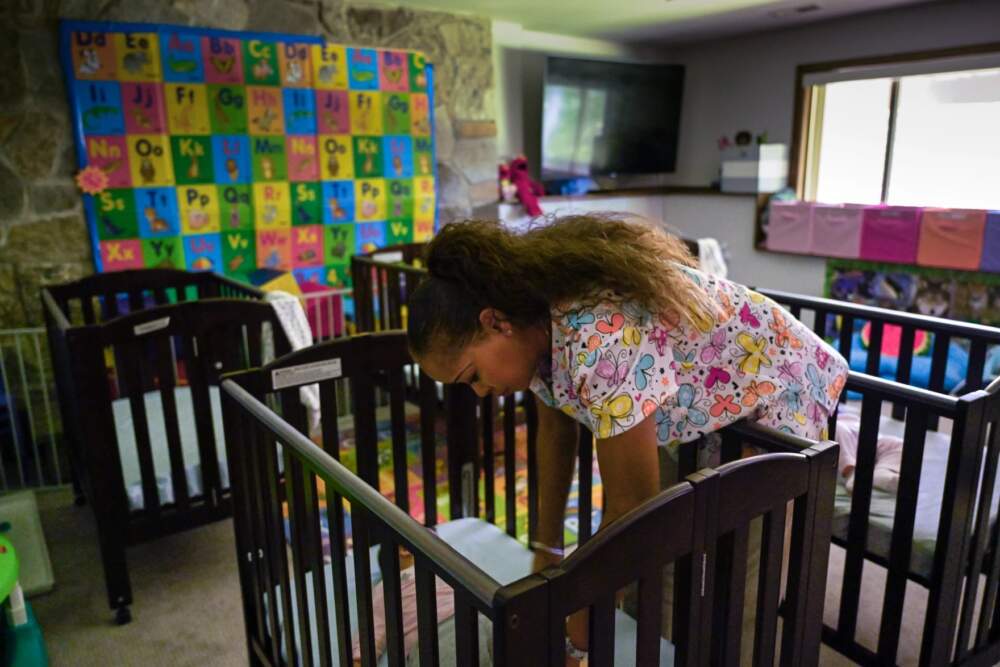Advertisement
Amid child care crisis, new Conn. law will make it easier to establish at-home day cares

It will be easier for Connecticut childcare providers to establish day cares in their homes when a new law goes into effect on Sunday.
The new law, signed by Gov. Ned Lamont in June, will prevent landlords and zoning departments from placing restrictions on the operation of licensed child care facilities on their properties or in their municipalities. The measure aims to help address a shortage of child care providers.
The bill also provides protections for landlords, ensuring they wouldn’t be at fault for accidents or lawsuits involving the day care.
Jessica Sager is a Yale lecturer and CEO of a New Haven-based nonprofit, All Our Kin, that specializes in training and supporting child care providers. Sager said landlords were accepting of the zoning portion of the new law, but opposed a clause regarding the eviction of child care providers.
“Landlords do that because they fear they might be exposed to liability, even though there is great insurance in place to protect them,” Sager said. “In fact, having a family together in your building means it's safer and more attractive and welcoming to families.”
Zoning departments are prohibited from treating at-home child care centers differently than other single- and multi-family homes.
Existing law prohibits zoning regulations from banning child care homes from residential zones. The new law specifies the restriction applies only to those located in a residence.
The law will make it easier for small at-home day cares to increase capacity and provide the state with needed child care, Sager said.
“Family child care educators who are running these very small programs, six children, and want to run slightly larger home based programs, to 12 children, will no longer face the arbitrary zoning restrictions that have kept them from expanding their businesses,” Sager said.
Nichelle Waddell opened her first child care center in her Stamford home. It took months of back-and-forth with the city’s zoning board and cost thousands to get her program approved, Waddell said.
Advertisement
An outspoken supporter of the bill, Waddell said it would’ve made a difference for her had it been around in 2019, when she opened her Stamford center.
“I would have avoided all of that, like sleepless nights, stress on top of stress, thousands and thousands and thousands of dollars I would still have now, you know, not have the debt,” Waddell said.
Delays in opening due to zoning board complications forced Waddell to turn down some families seeking her care, Waddell said. The process cost her $11,000 in legal fees as she sought a lawyer to help her with the zoning application process.
Under the new zoning law, some of Waddell’s challenges would’ve been avoided, she said.
This story is a production of the New England News Collaborative. It was originally published by Connecticut Public Radio.